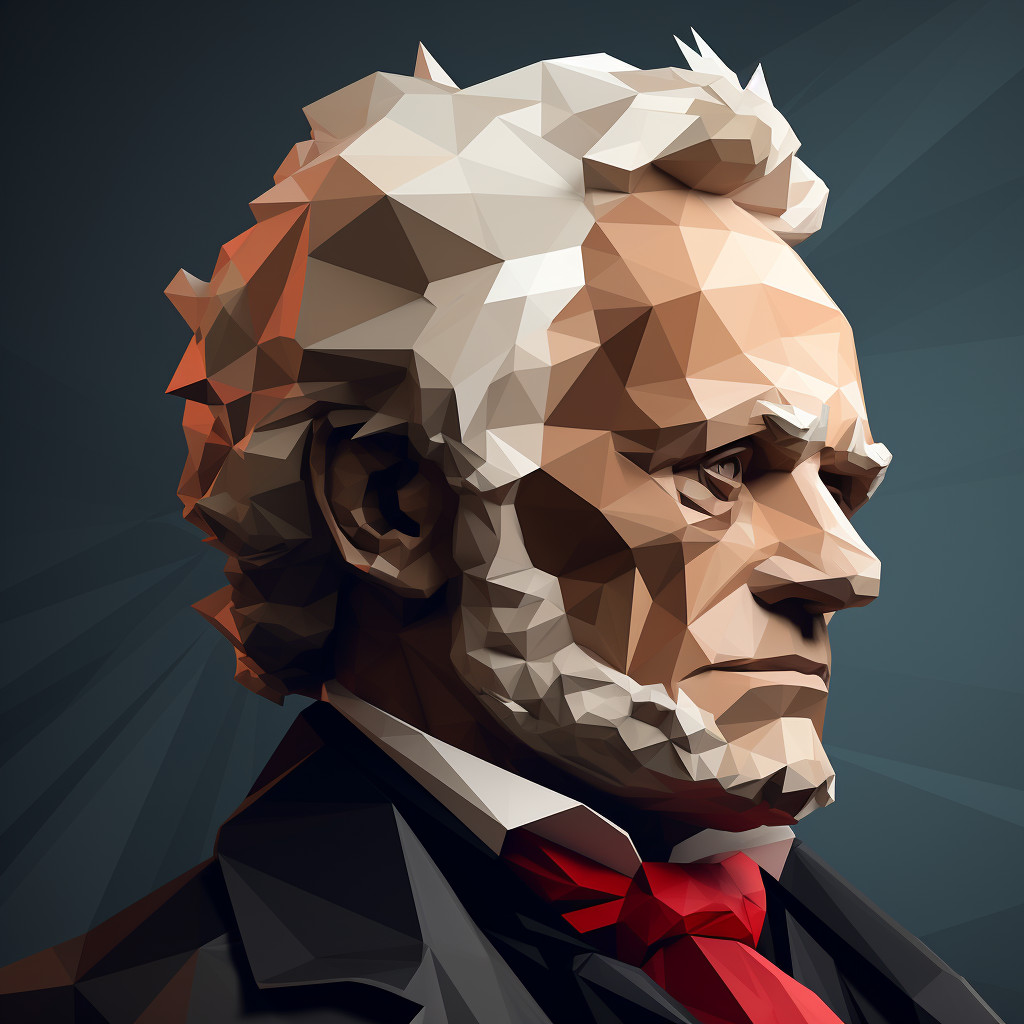This quote by Arthur Schopenhauer suggests that the essence of existence, the eternal being, is not exclusive to humans but is also present in every animal. This view stems from the philosophical belief that all life forms share a common, unifying spirit or consciousness, which transcends physical or bodily differences. It implies a deep interconnectedness and unity among all beings, regardless of species.
The eternal being, as referred to in the quote, could be interpreted as the life force, consciousness, or even soul. It’s the fundamental essence that gives rise to life, awareness, and existence. This quote suggests that this eternal being is not a human monopoly but is shared by all animals, implying a kind of universal brotherhood among all living creatures.
Applying this idea in today’s world could have profound implications for how we treat animals and the environment. If we truly believe that the same life force that exists in us also exists in every animal, it would naturally lead to greater empathy, compassion, and respect towards them. It could drastically change our attitudes towards animal rights, environmental conservation, and biodiversity preservation.
In terms of personal development, this idea could help us cultivate a more compassionate and empathetic outlook towards life. It could help us break down the barriers of ego and anthropocentrism (the belief that humans are the most important entity in the universe), fostering a sense of unity and interconnectedness with all life forms. It could also encourage us to live more consciously and mindfully, recognizing the impact of our actions on other beings and the environment.
Moreover, this perspective could also lead to a greater sense of purpose and fulfillment. By acknowledging the shared life force in all beings, we might find a deeper sense of belonging and connection with the world around us, leading to a more meaningful and fulfilled life.






